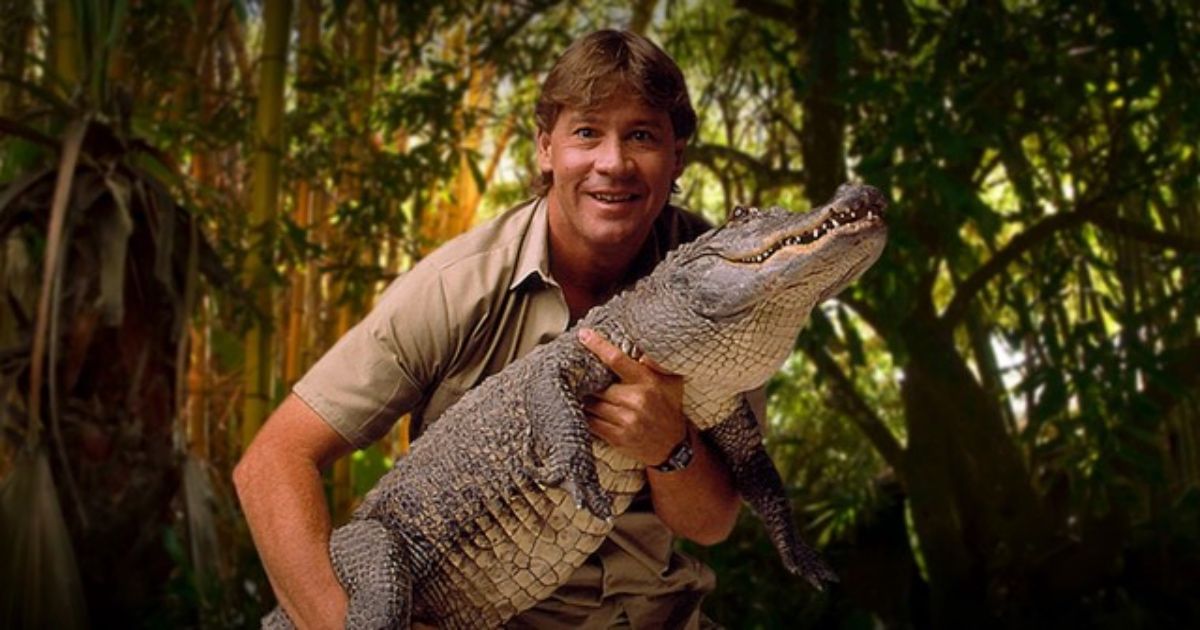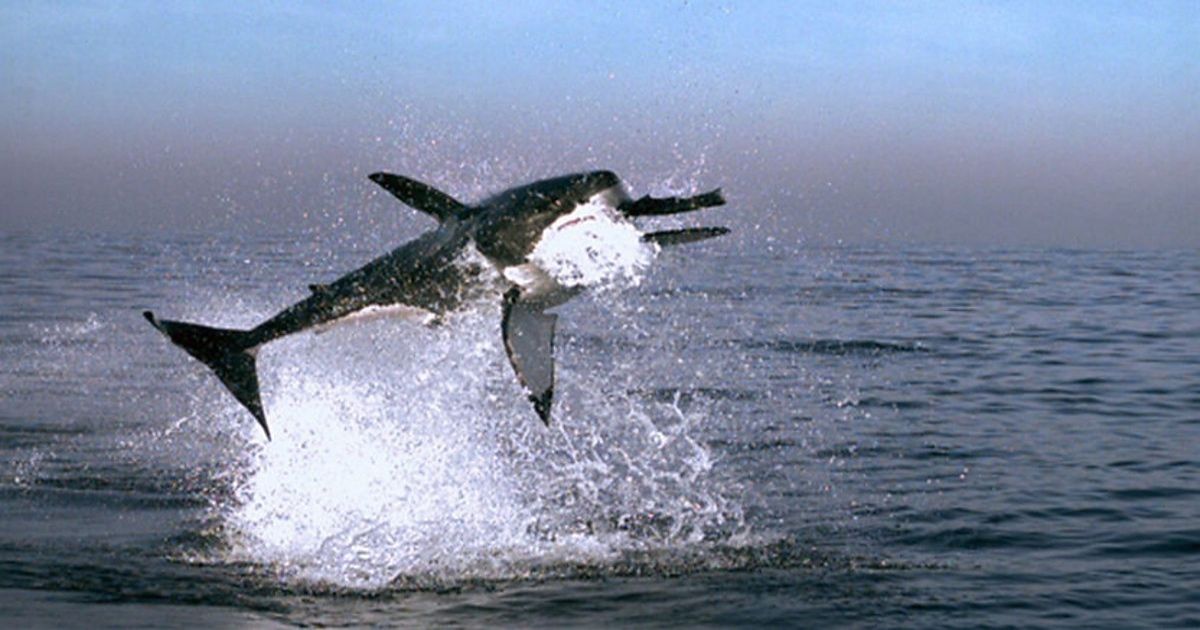Throughout the past few decades, nature documentaries have dominated mainstream television. Armed with the latest camera equipment, devoted videographers suit up in remote locations across the world to capture some of our planet's most incredible moments in stunning resolution. These programs are often a wonderful way for audiences to sit back and relax after a long day, what with descriptive narrations from familiar accented voices, and spectacular views of natural landscapes. Documentary series captivate viewers with an exclusive look into the beauty and mystery of the natural world through the eyes of the animal kingdom.
While many environmental documentary films like Blackfish take the opportunity to deep dive into important topics, TV docuseries are often more digestible, light-hearted, and more apt to keep audiences coming back to watch more episodes. Many of these entries include memorable cornerstones of television, bringing viewers together to see if the impala will outrun the lioness this week (spoiler alert: probably not). Let's take a look at the best nature docuseries about animals, ranked.
8
Africa (2013)
Released in 2013, this series took four years to film. Presented by BBC, Africa is an insider's look at the rich animal life across the vast continent, from herds of trumpeting elephants to elusive colonies of naked mole rats. Each episode zeroes in on a particular region – like the Kalahari Desert, the Congo basin, and scorching savannahs – showcasing the beautiful biodiversity within Africa. The series, like many other nature documentaries, is narrated by the iconic David Attenborough in the show's original BBC version; in the United States on the Discovery Channel, Forest Whitaker takes the helm. The sixth episode titled "The Future" displays the impact of environmental problems on Africa's animal and plant life and the necessity of sustainability.
7
Prehistoric Planet (2022)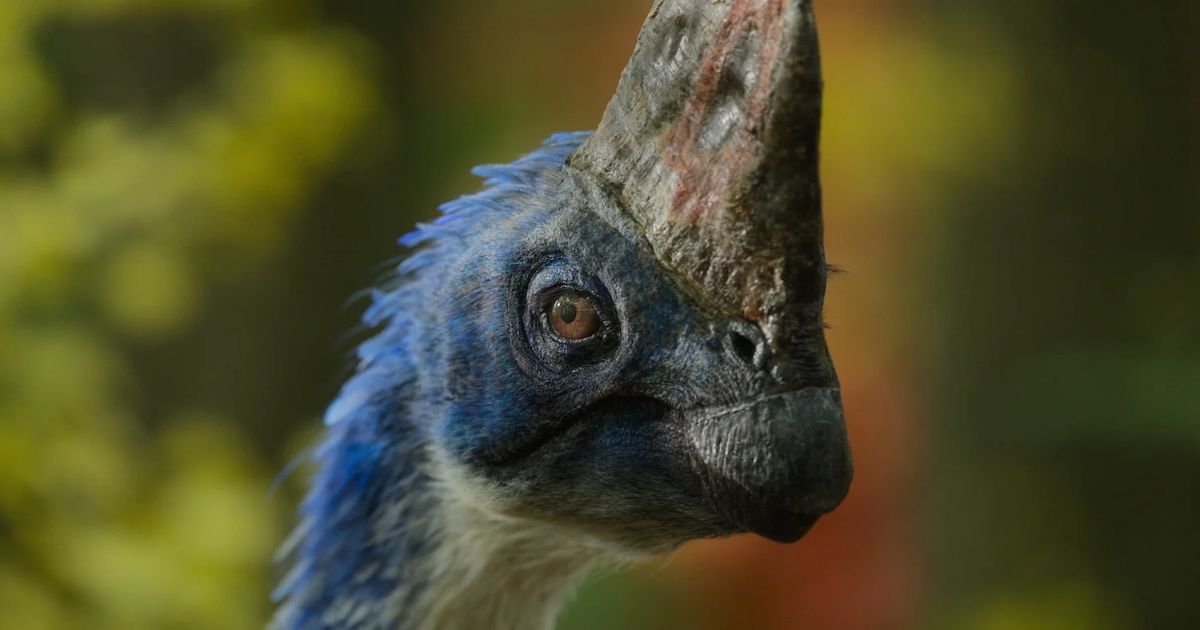
Prehistoric Planet brings the lost era of the dinosaurs to life. Interpreted by animators in bright colors and shining scales, these computer-generated ancient beasts have taken over the small-screen world lately. Released this May, Prehistoric Planet is as visually appealing as it is informative. A review from The Guardian states that it's so realistic, "you'll genuinely think you're watching real dinosaurs." Viewers embark on a journey led by narrator David Attenborough through the Late Cretaceous period alongside different larger-than-life species. The series is an Apple TV+ production, led by alum producers of the extremely successful Planet Earth.
6
Our Planet (2019)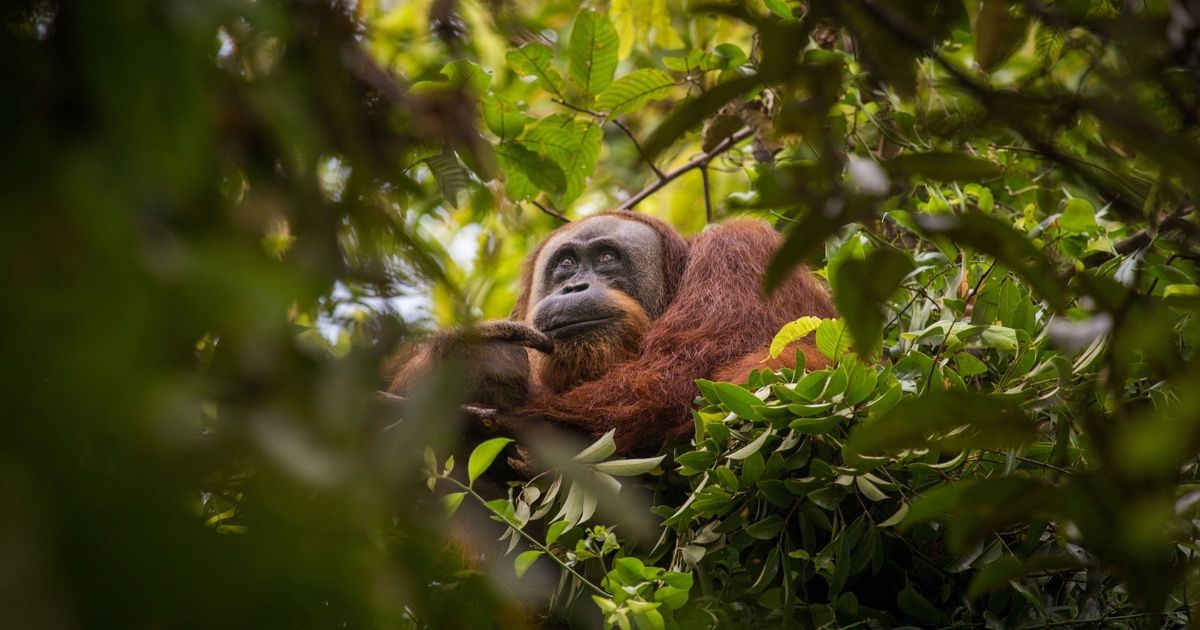
This Emmy-winning series brings together the creative powers of Netflix, Silverback Films, and the World Wildlife Federation to illustrate the beauty of Earth in its many regions. Animal inhabitants are seen through the lens of the climate change crisis, empowering audiences to work towards a more habitable world for all. Each episode of Our Planet features the animals of a different biome, such as "The High Seas," "Frozen Worlds," and "From Deserts to Grasslands." The age-old struggle to survive is the same in every species, reflected through crisp camera work and thoughtful narration.
5
The Blue Planet (2001)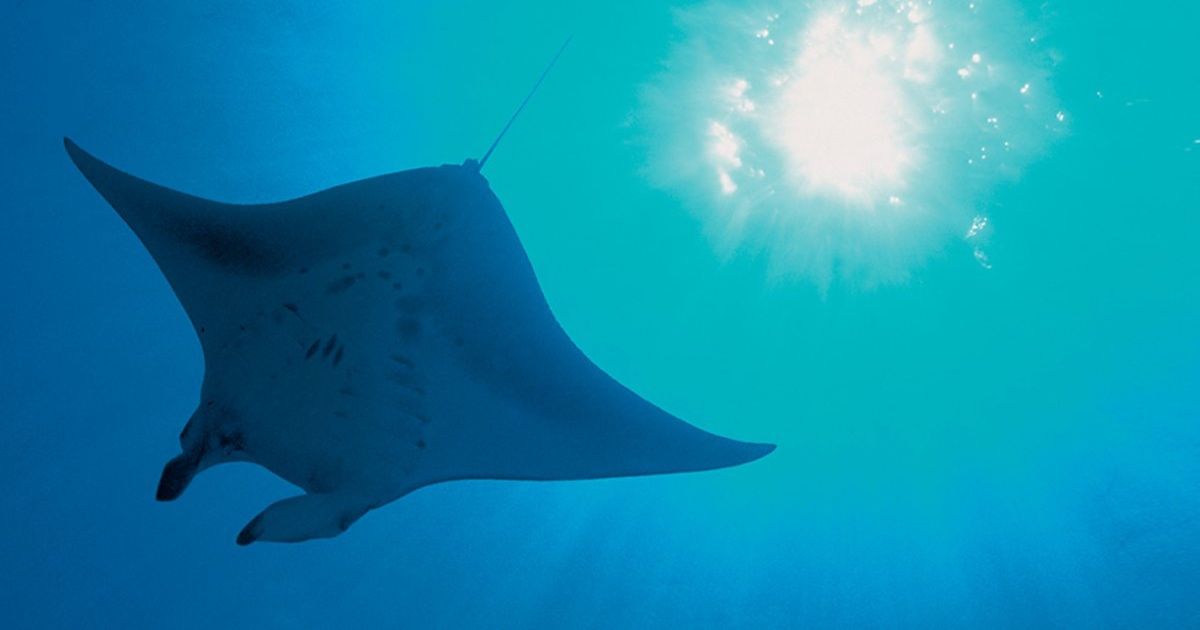
This memorable docuseries from the early 2000s centers around the hidden universe just below the water's surface. The Blue Planet takes viewers deep into the oceans of the world, introducing them to a colorful cast of undersea characters. The series functions as somewhat of an otherworldly experience for viewers, taking them to exclusive locations from the shadowy bottom of the sea to the intricate life of coral reefs. BBC provides audiences with a front-row seat to the hidden ways that sea species work with one another within the circle of life. Memorable moments include the live birth of baby seahorses and the panel of scary snaggle-toothed beings from the depths.
4
Life (2009)
Life, a 2009 BBC series, focuses on just what its title proclaims. These episodes follow the struggles of different species as they aim to survive and thrive in various locations across the globe. The captivating cinematography follows predators as well as prey, as each animal fights for its own place in the world against fearsome environmental odds. Trail a family of tree frogs into the many layers of the rainforest, soar into the sky with vultures bringing back a fresh kill for their young, and witness the harsh hunting strategies of killer whale pods.
3
Planet Earth II (2016)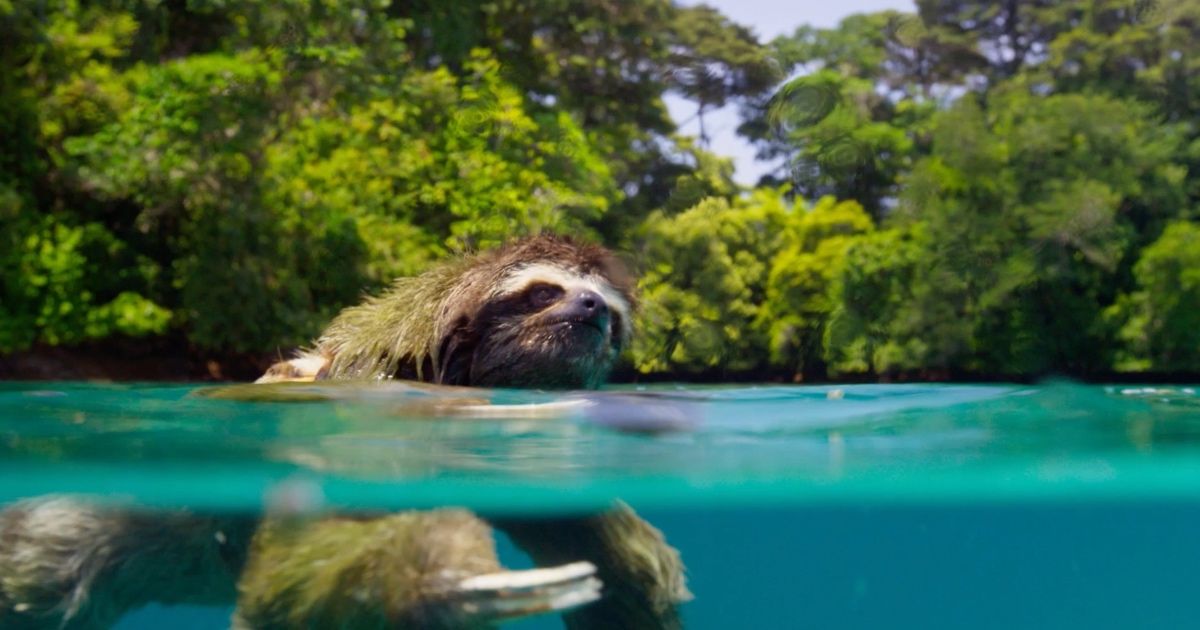
The long-awaited successor to the championed original series, Planet Earth II is another beautiful foray into the many realms of nature that grace our planet. Released in 2016, this series sees David Attenborough reprise his role as narrator, once again, for a second tour of the world's most magnificent animal and plant inhabitants. Backed by an illustrious musical score from Hans Zimmer, watching Planet Earth II makes you feel like you're on an epic journey alongside the videographers as they venture into various remote habitats. Walk into the wilds of Madagascar or brave the formidable Himalayan Mountains right from the comfort of your own living room.
2
The Crocodile Hunter (1996-2004)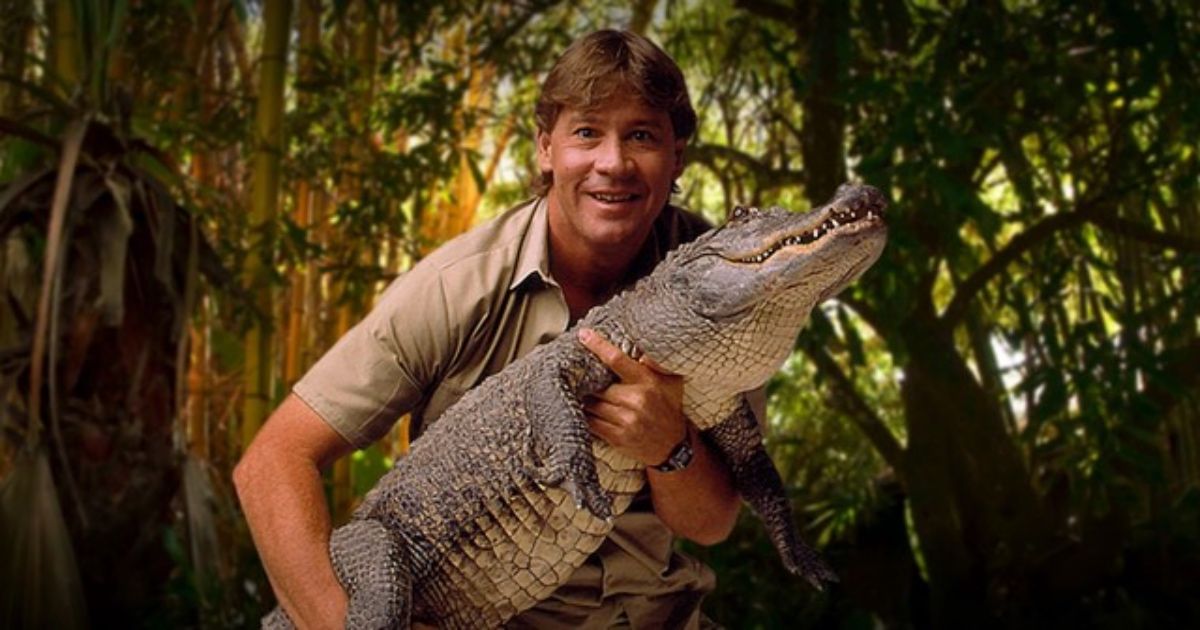
This list wouldn't be complete without one of the biggest icons on Animal Planet – Steve Irwin himself, also known as The Crocodile Hunter. The original show, running for eight seasons, was a highly successful educational program that spawned a lifetime of wildlife advocacy for many young viewers inspired by Irwin's infectious curiosity and his kindness towards all creatures. Irwin's heartwarming attitude extended to more than just crocs, as he introduced audiences to a myriad of Australia's dangerous animals like snakes and undersea creatures. His legacy lives on through his wife Terri Irwin; their adult children Bindi and Robert, and the family's continued work together to advocate for animal welfare and appreciation.
1 Planet Earth (2006)
The original Planet Earth is among the most memorable nature documentaries of all time, known for its high-definition camera work and intense musical score. This groundbreaking series from BBC, in the works for five long years, stunned audiences when it was released in 2006, eventually bringing home five Emmy Awards. Led by the enchanting narration of David Attenborough's memorable voice, viewers are swept away to each corner of our planet, from the coldest, snowiest peaks to the deepest rainforests chattering with animal life. The deepening storytelling throughout its nine episodes kicks off with "From Pole to Pole," its all-around beautiful first episode. The series has been continually celebrated as years have passed, with an Empire review stating that "Planet Earth courts superlatives, films the unfilmable and breaks new ground."

